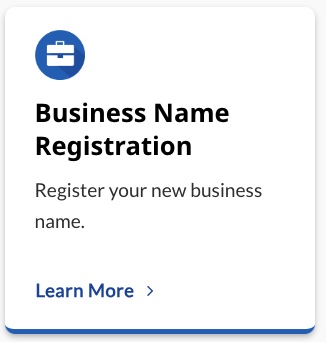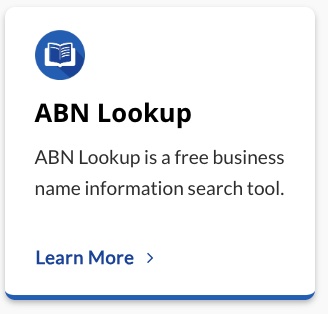Starting a New Business in Australia: A Comprehensive Guide
Entrepreneurship is a thrilling journey that brims with numerous opportunities and challenges. Australia, with its stable economy and supportive business environment, has emerged as one of the favorite destinations for start-ups. If you’ve been considering establishing a business in Australia, here’s a simplified guide to steer you through the process.
1. Start with Research
When contemplating starting a new business, an essential initial step is conducting thorough market research. This involves identifying potential competition, understanding the demographic that your product or service will cater to, and most significantly, estimating the viability and profitability of your idea.
2. Draft a Business Plan
A well-structured business plan serves as the backbone of your start-up venture. It encompasses your business objectives, strategies for achieving these goals, a timeline of actions, and an outline of potential challenges with corresponding contingency plans. A business plan is also a crucial document that attracts potential investors to your idea.
3. Registering Your Business
In Australia, you can select from a multitude of business structures, like sole trader, partnership, company, or trust. Once your business structure is decided, you must register your business. Do note that the process of registration may vary slightly, depending on the business structure.
Part of the registration process is deciding on a business name. It’s essential to select a name that’s unique and not already being used by another Australian business. Use register.biz.au to help you with this process.
4. Understand Your Legal Obligations
For any business in Australia, compliance with the rules and regulations is crucial. These include employment laws, taxation, environmental rules, privacy laws, among others. Ensuring that your business practices are compliant not only helps avoid legal hassles but also contributes positively to your business reputation.
5. Organise Finances
A clear understanding of the start-up and ongoing costs helps maintain financial stability. Some common start-up costs include equipment and supplies, licenses and permits, insurance, inventory, and branding. For ongoing costs, rent, utilities, salaries, and marketing are some aspects to consider. Depending on your financial plan, you may need to seek external funding.
6. Marketing and Branding
Any successful business needs a robust marketing and branding strategy. It enhances your business’s visibility and leads to wider customer engagement, increasing your market share. Utilizing both traditional and digital marketing strategies, you can capture a diverse clientele.
7. Learn to Adapt
The business world is ever-evolving. New technologies, changing consumer trends, and unexpected disruptions may present challenges. Here, being adaptable is key. An open mind helps identify and seize new opportunities, meeting challenges head-on, and ultimately contributes to business sustainability.
Starting a successful business involves careful planning, hard work, and adaptability. By keeping in mind the above steps, you can simplify the process and shed off some pressures associated with new ventures. Australia is a
Register your new business name at register.biz.au


